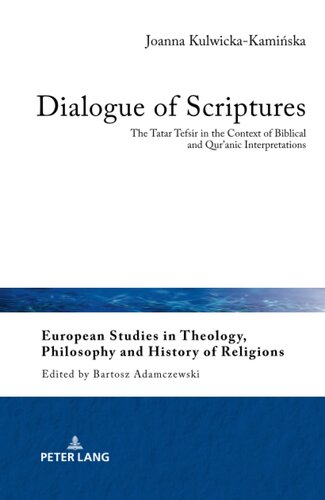

Most ebook files are in PDF format, so you can easily read them using various software such as Foxit Reader or directly on the Google Chrome browser.
Some ebook files are released by publishers in other formats such as .awz, .mobi, .epub, .fb2, etc. You may need to install specific software to read these formats on mobile/PC, such as Calibre.
Please read the tutorial at this link: https://ebookbell.com/faq
We offer FREE conversion to the popular formats you request; however, this may take some time. Therefore, right after payment, please email us, and we will try to provide the service as quickly as possible.
For some exceptional file formats or broken links (if any), please refrain from opening any disputes. Instead, email us first, and we will try to assist within a maximum of 6 hours.
EbookBell Team

5.0
60 reviewsThis book focuses on Muslim–Christian cultural relations across a number of centuries. As for the methodology, the book represents an intersection of religious studies, linguistics and translations studies. The bases of research are a Tatar tefsir and 19th- and 20th-century printed translations of the Qur’an into Polish. In the period of the Reformation, the Tatar adherents of Sunni Islam conducted the dialogue with Christianity. They translated the Qur’an into Polish already in the second half of the 16th century. They used the Arabic alphabet to record the translation and conferred the form of a tefsir to it. Who were the Tatar translators? Did they break the ban on the translation of the Holy Book of Islam? What sources did they use? How did they translate the Muslim religious terminology? Why is their translation of the Qur’an not familiar to researchers? These are only a few questions which are explored in this work.